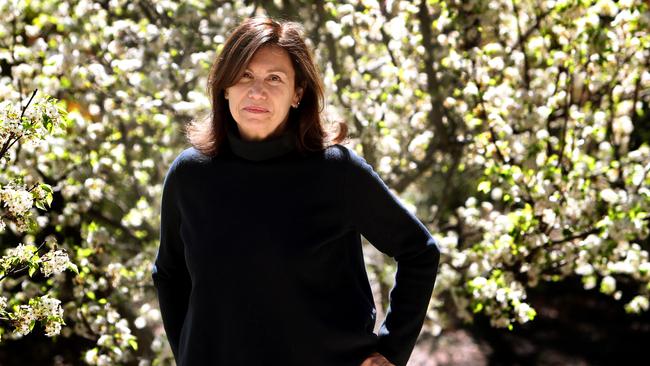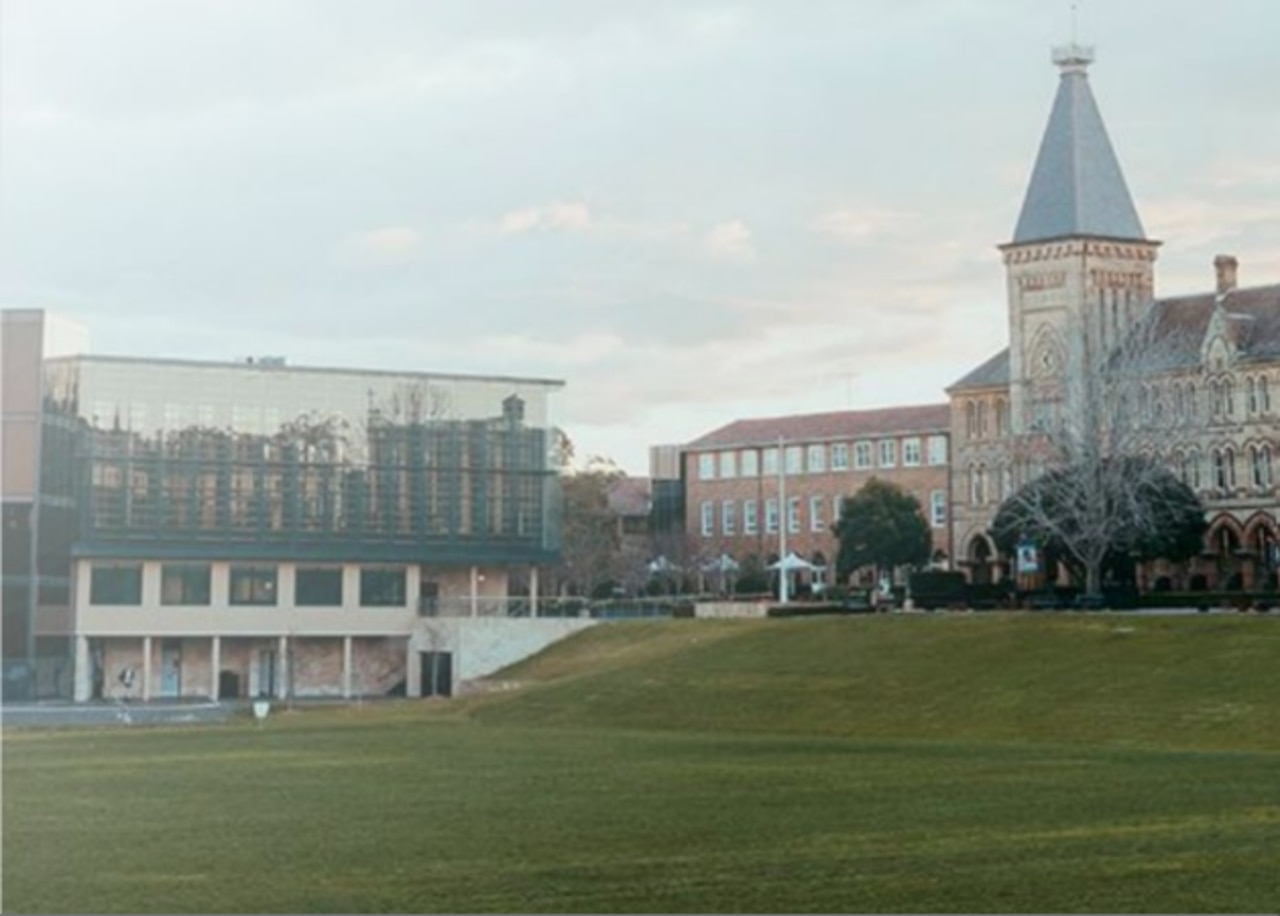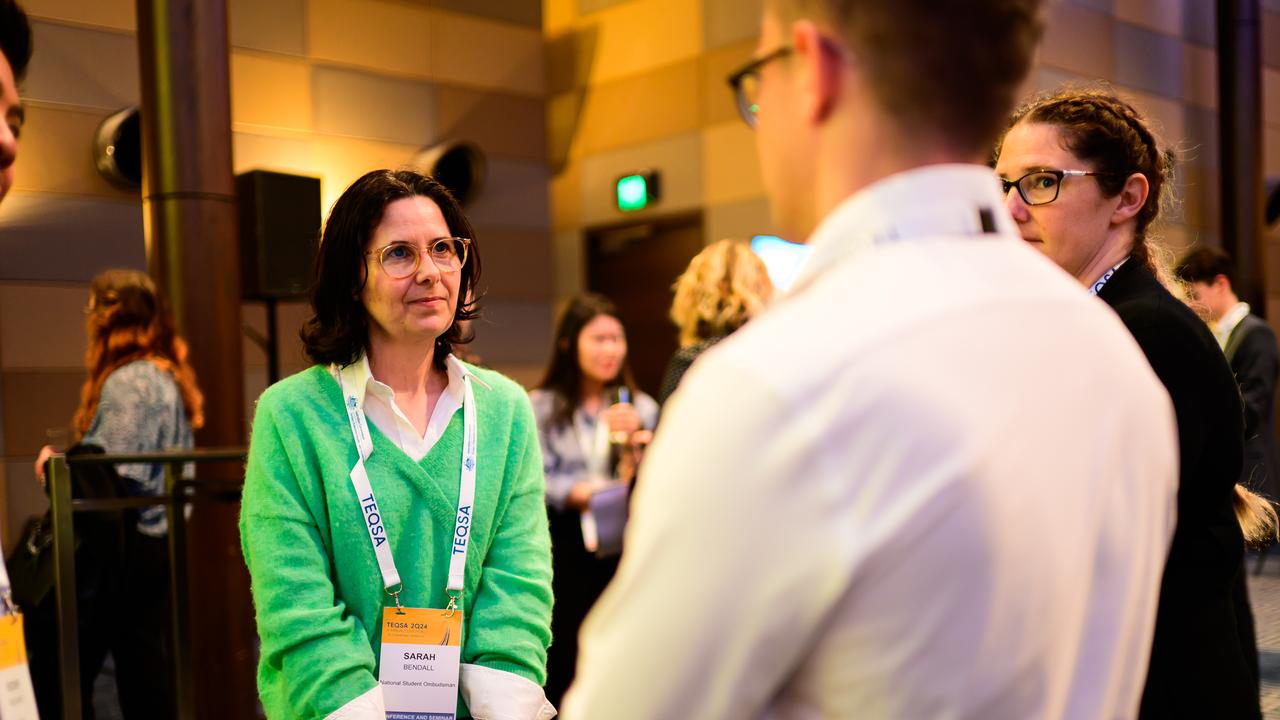Students set for shift to ‘radical’ 21st century curriculum
Students are set to be taught fashionable but contentious 21st-century skills under a radical redesign of the national curriculum.

Australian students are set to be taught fashionable but contentious 21st-century skills, ranging from critical and creative thinking through to “mindfulness”, “gratitude” and “resilience”, with moves under way for a radical redesign of the national curriculum.
The Australian Curriculum Assessment and Reporting Authority has started a review of the curriculum that is understood to draw heavily on the recent Gonski review, an OECD future of education project and the work of a US-based “futurist” who has been contracted to help “modernise” the mathematics curriculum.
The push has attracted criticism from ACARA’s recently retired chairman, Steven Schwartz.
“The 21st-century skills movement is the latest in a long line of educational fads,” Professor Schwartz said.
“In each case, early enthusiasm gave way to disillusion. The problem is always the same: children cannot learn to be critical thinkers until they have actually learned something to think about.”
ACARA chief executive Robert Randall alluded to the review during a University of NSW lecture last month. He revealed the next iteration of the curriculum would be out within two years.
It is understood work is centred on two objectives: bringing 21st-century skills — referred to as general capabilities in the curriculum but also known as “soft skills” and “generic competencies” — to the fore of what is taught in classrooms; and incorporating equally contentious learning progressions that have been linked to a proposal to replace student achievement, including A-E grades, with “gain” as a measure of a student’s success.
Both were endorsed by businessman David Gonski in his recent review into educational excellence
Former ACARA director of curriculum Fiona Mueller, who resigned late last year after two years in the role, exposed the review in a recent online opinion article. She lamented the “fixation on 21st-century competencies” and “lack of broadminded, transparent and objective leadership on the part of local decision makers”.
Approached by The Weekend Australian, Dr Mueller said she was concerned that work under way amounted to a redesign of the curriculum by stealth.
“You might call (it) a rather stealthy shift in approach, and the implications for students, teachers and other stakeholders are absolutely enormous,” she said.
“What they are talking about is actually another radical shift in teaching and learning.”
Despite ACARA’s frequent assurances that any changes to the two-year-old curriculum would be “refinements”, it recently commissioned the US-based Centre for Curriculum Redesign, headed by self-described education thought leader and futurist Charles Fadel, to work on a new maths curriculum.
It was referred to on ACARA’s website in July under the obscure heading “Australian Curriculum: Mathematics recognised as global leader”.
More detail was available on the CCR’s own website.
A July 24 media release reveals the project would lead to the creation of a “world-class mathematics curriculum” that paid explicit attention to “21st century competencies” that addressed the “learning needs of students for life and work in the 21st century”.
Mr Randall was quoted as saying that the project would be used to “inform any future refinement to the Australian curriculum in mathematics and to help guide improvement to ACARA’s overall curriculum design and development process”.
Hailed by many as a panacea to declining educational results — both locally and when compared with international counterparts — the general capabilities received a big tick in the Gonski report, which described them as “critical to equipping students with the skills necessary to successfully live and work in a changing world and are increasingly sought after by employers”.
Positioned in the national curriculum with eight core learning areas, such as English, maths, science and history, there are seven general capabilities: literacy, numeracy, ICT capability, critical and creative thinking, personal and social capability, intercultural understanding and ethical understanding.
The degree to which teachers embed them in their subject teaching is not known.
Australian Catholic University research fellow Kevin Donnelly, a former secondary school principal who conducted the government’s 2014 review of the curriculum, said the push to elevate the role of skills and capabilities in education was a worldwide trend, driven by “globalist groupthink” about “changing times” and preparing students “for jobs that have not yet been created, for technologies that have not yet been invented, to solve problems that have not yet been anticipated”.
It is also a major theme of the OECD’s Education 2030 position paper, The Future of Education and Skills, in which ACARA was heavily involved. The report, released this year, features a long list of “constructs” of competencies currently under review that could find their way into the curriculum, such as adaptability, compassion, equity, global mindset, gratitude, hope, integrity, motivation, justice, mindfulness, resilience, respect, purposefulness and trust.
“Such competencies represent a content-free approach to the curriculum that is guaranteed to further lower standards and ensure that Australian students continue to underperform and leave schools morally and culturally bereft,” Dr Donnelly said.
Centre for Independent Studies senior research fellow Jennifer Buckingham also questioned the push, describing it as “well-intentioned but misguided”.
“Of course it is important for young people to be able to collaborate, communicate and think critically and creatively, but there is absolutely nothing new about that,” Dr Buckingham said.
“What is new is the idea that these things can be taught by schools as a set of generic skills or capabilities disconnected from disciplinary knowledge. Good evidence suggest that this is a fool’s errand.”
A spokesman for ACARA confirmed that the organisation was engaged in work designed to inform the next generation of the national curriculum, but any action would require the endorsement of all education ministers.
The spokesman said that the recommendation in the Gonski report relating to the development of learning progressions built on ACARA’s recent work in producing literacy and numeracy learning progressions, which “help teachers locate the literacy and numeracy development of their students and identify what development should follow”.
The spokesman said the CCR contract, to design a new maths curriculum, was worth $215,000.





